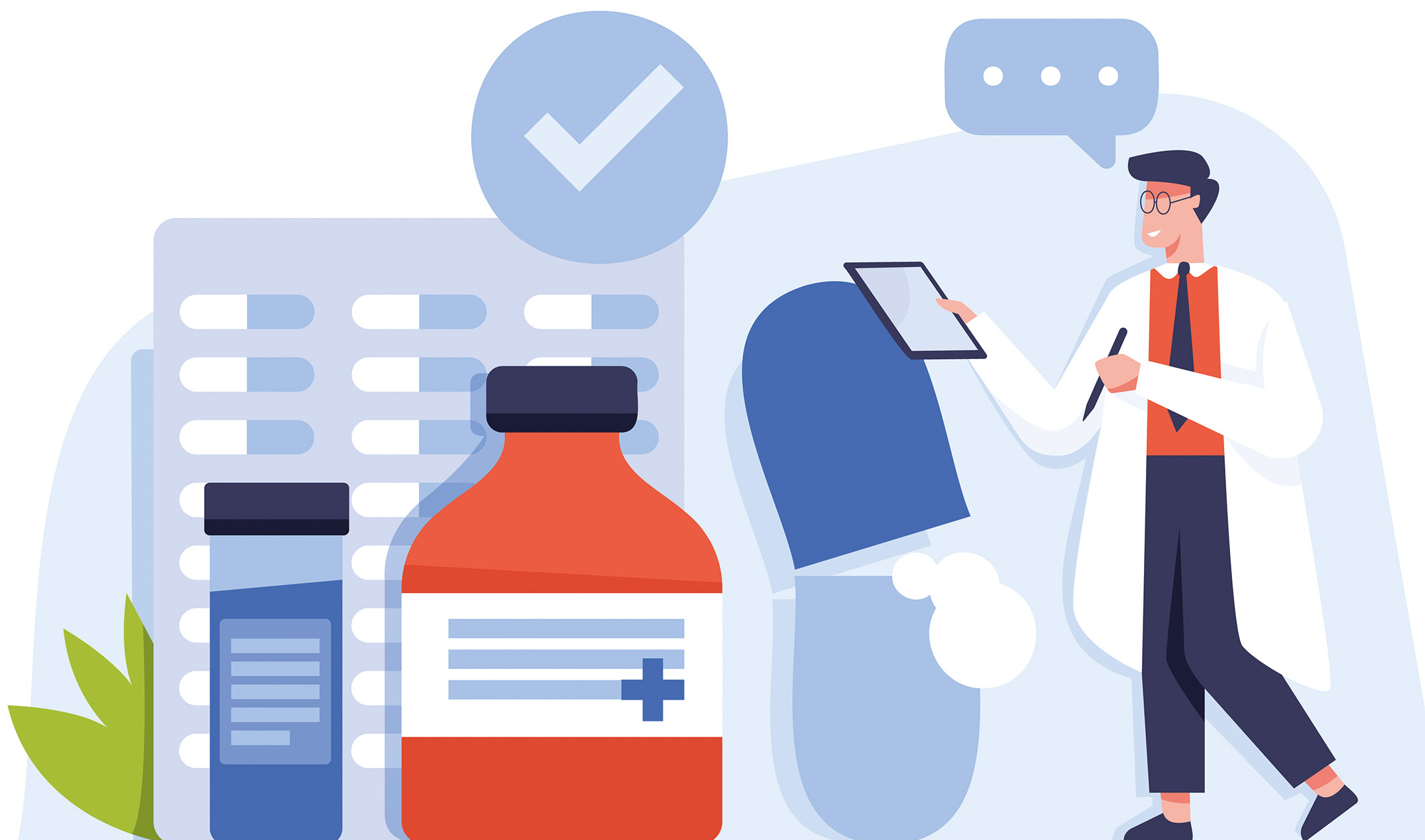
Hypertension is especially common in older adults, with age-related changes in the cardiovascular system often leading to higher blood pressure levels. Managing hypertension in the elderly requires a cautious approach, as other health conditions and medications may complicate treatment.
1. Why Blood Pressure Increases with Age
As people age, blood vessels naturally lose elasticity, making it harder for them to expand and contract. This stiffness in the arteries increases resistance, leading to higher blood pressure. Additionally, changes in kidney function, common in older adults, can lead to fluid retention and increased blood volume, further raising blood pressure.
2. Risks of Hypertension in the Elderly
Hypertension is a major risk factor for cardiovascular diseases in older adults, including:
Heart Disease: High blood pressure increases the risk of heart attacks and heart failure.
Stroke: Elderly individuals with hypertension have a higher risk of strokes due to the increased stress on blood vessels.
Kidney Disease: Chronic high blood pressure can lead to kidney damage, particularly in older adults.
3. Challenges in Treating Hypertension in Older Adults
Multiple Medications: Elderly patients often take multiple medications, raising the risk of drug interactions with blood pressure medications.
Sensitivity to Medications: Older adults are more susceptible to side effects like dizziness or low blood pressure when standing (orthostatic hypotension), which can increase the risk of falls.
Other Health Conditions: Conditions like diabetes, arthritis, or kidney disease are common in older adults and may affect hypertension management.
4. Management Strategies
Lifestyle Modifications: Diet, physical activity, and weight management remain essential. Low-impact exercises, such as walking and light strength training, can help improve circulation and lower blood pressure.
Medication Management: Healthcare providers may prescribe lower doses or different types of antihypertensive drugs for elderly patients to reduce side effects. Diuretics, ACE inhibitors, and calcium channel blockers are commonly used, with careful monitoring.
Regular Monitoring: Frequent blood pressure checks, both at home and in healthcare settings, are important for early detection of fluctuations and adjustments to treatment.
5. Importance of Individualized Care
For elderly patients, a personalized treatment plan that considers overall health, lifestyle, and other medications is crucial. Open communication with healthcare providers and regular follow-ups help ensure blood pressure remains within a healthy range.